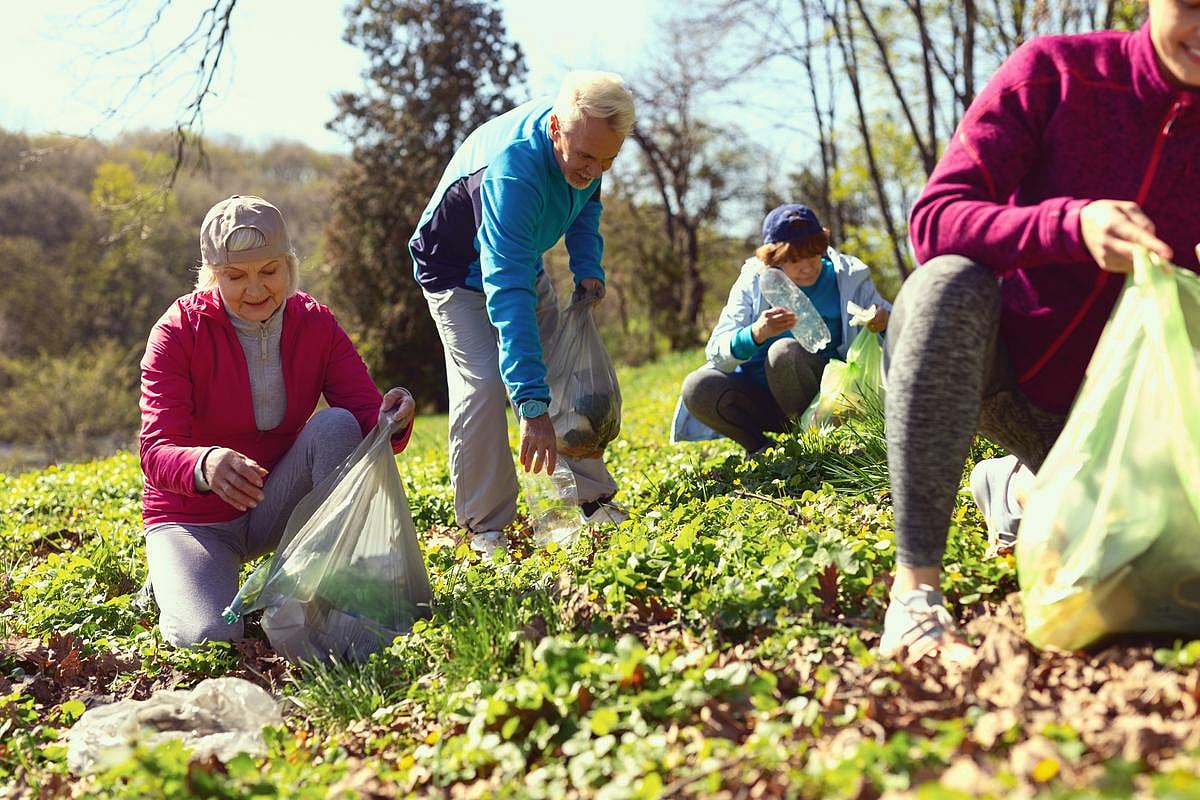Get Healthy!

- Posted August 19, 2025
Volunteering Slows Brain Aging
Want to keep your brain healthy as you age?
Regularly volunteer some of your time to your community, neighborhood, friends or family, a new study suggests.
People who regularly lend a hand slow their rate of aging-related brain decline by 15% to 20%, researchers report in the October issue of the journal Social Science & Medicine.
This benefit was consistently observed when people devoted two to four hours a week helping others, researchers said.
“Everyday acts of support — whether organized or personal — can have lasting cognitive impact,” said lead researcher Sae Hwang Han, an assistant professor of human development and family sciences at the University of Texas at Austin.
“What stood out to me was that the cognitive benefits of helping others weren’t just short-term boosts but cumulative over time with sustained engagement, and these benefits were evident for both formal volunteering and informal helping,” Han said in a news release. “And in addition to that, moderate engagement of just two to four hours was consistently linked to robust benefits.”
For the study, researchers tracked more than 31,000 adults in the U.S. age 51 and older who participated in the federal Health and Retirement Survey between 1998 and 2020.
Results showed that age-related cognitive decline slowed among people who started volunteering, either as part of an organized effort or informally among their neighbors, friends and family outside the home.
This could include working at a food bank or helping clean up a park, or helping a friend get to a health appointment, babysitting, mowing someone’s lawn or helping them prepare their taxes, researchers said.
About 1 in 3 older Americans volunteer in a formal manner, while more than half manage to help people in their lives informally, researchers said.
“Informal helping is sometimes assumed to offer fewer health benefits due to its lack of social recognition,” Han said. “It was a pleasant surprise to find that it provides cognitive benefits comparable to formal volunteering.”
Greater gains could be expected among people who make lending a hand part of their routine year after year, researchers said.
“Conversely, our data show that completely withdrawing from helping is associated with worse cognitive function,” Han said. “This suggests the importance of keeping older adults engaged in some form of helping for as long as possible, with appropriate supports and accommodations in place.”
These benefits are likely due to either boosting a person’s social connections or by lowering their day-to-day stress, researchers said.
Such volunteering can reduce feelings of isolation and loneliness, which have been shown to eat away at a person’s brain power over time.
“Many older adults in suboptimal health often continue to make valuable contributions to those around them,” Han said, “and they also may be the ones to especially benefit from being provided with opportunities to help.”
More information
Harvard Medical School has more on building brain-boosting social connections.
SOURCE: University of Texas at Austin, news release, Aug. 13, 2025
